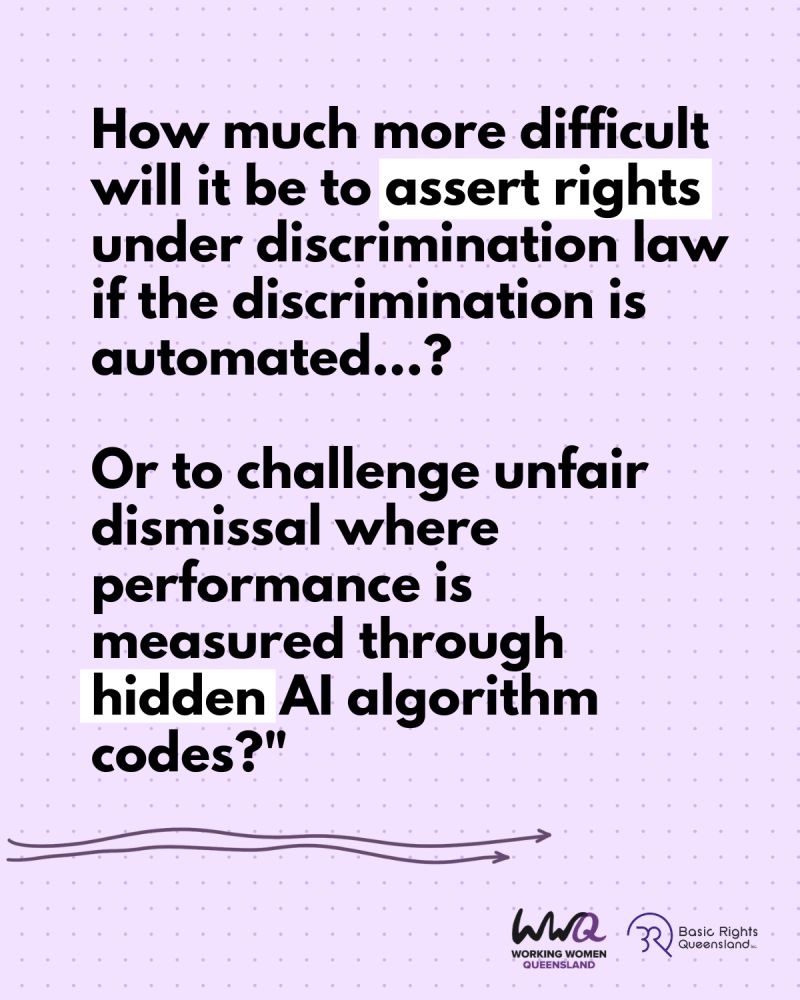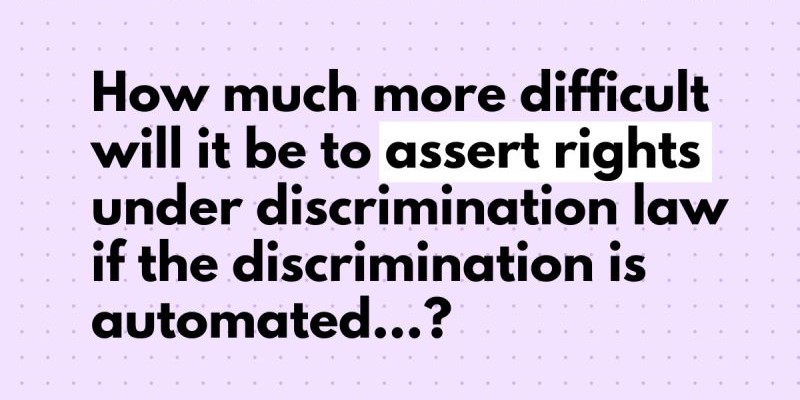
Jean* was pregnant and asked her employer to consider the risks to her safety, due to the volatile and sometimes dangerous nature of her work.
Following her request, Jean was no longer rostered for her guaranteed part-time hours. This impacted her financially.
State and Federal anti-discrimination laws make it unlawful for an employer to discriminate against an employee on various grounds including sex, pregnancy, potential pregnancy, breastfeeding and family responsibilities.
However, some employers (like those in Jean’s case) fail to comply with these laws.
AI might address some of the reasons that employers discriminate against pregnant women, such as perceived costs & productivity losses associated with parental leave or accommodations required for pregnant employees. These technologies may provide us with innovations that greatly improve the lives of working women.
On the other hand, AI tools already being used in recruitment or performance evaluation processes have the potential to reinforce existing discriminatory practices like those seen in Jean’s case.
Reliance on opaque tools may make it more difficult for women like Jean to identify that pregnancy discrimination is the reason for their loss of shifts or redundancy.
Automated decision-making and machine-learning systems have the potential to reinforce and exacerbate existing power imbalances, gender inequality, discrimination and bias, social and economic disadvantage, and create new mechanisms for harassment in the workplace.
Basic Rights Queensland recently made a submission to the Inquiry into the Digital Transformation of Workplaces. We called for consideration of such issues when decisions are made about how to regulate the risks posed by AI in the workplace.
Thanks to the team at Wotton + Kearney for their support in this important work.
*not her real name.

